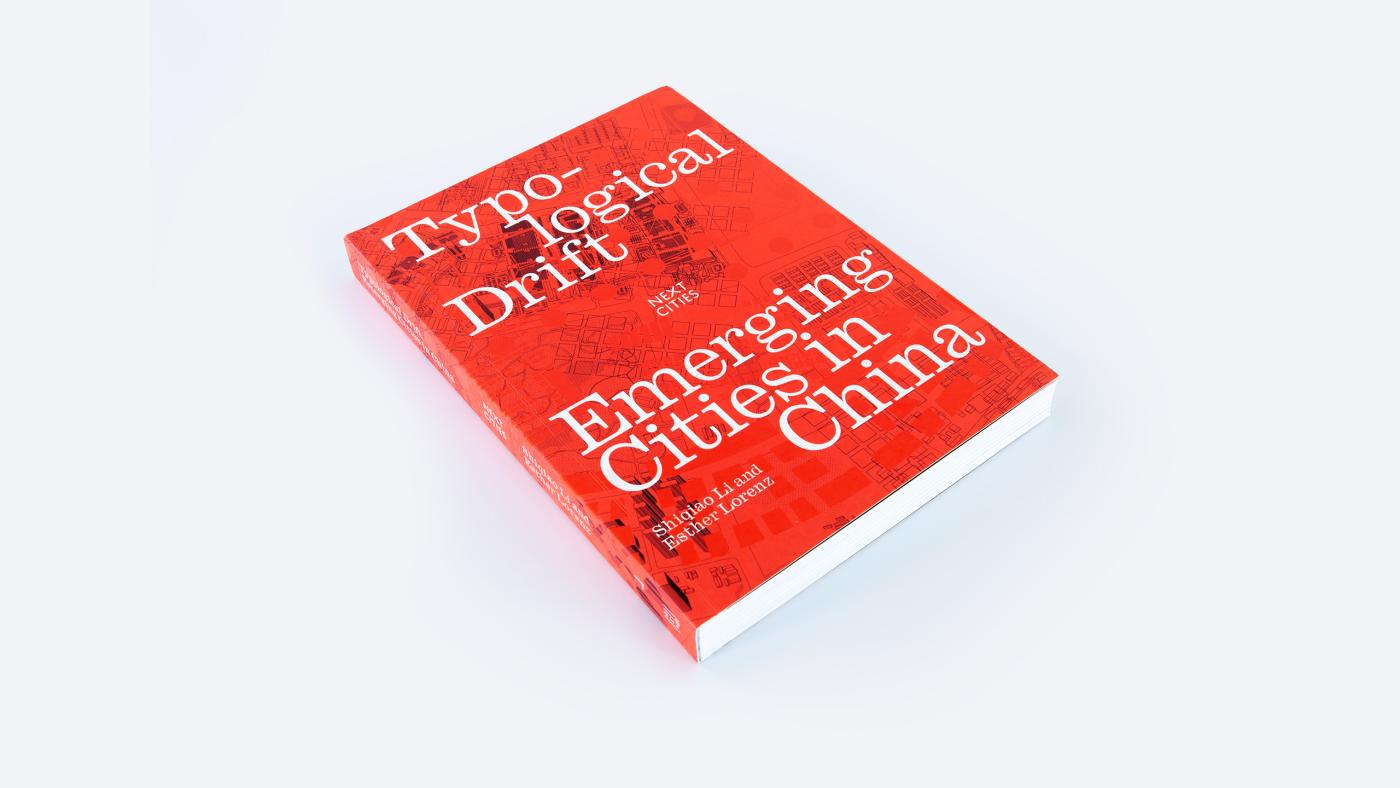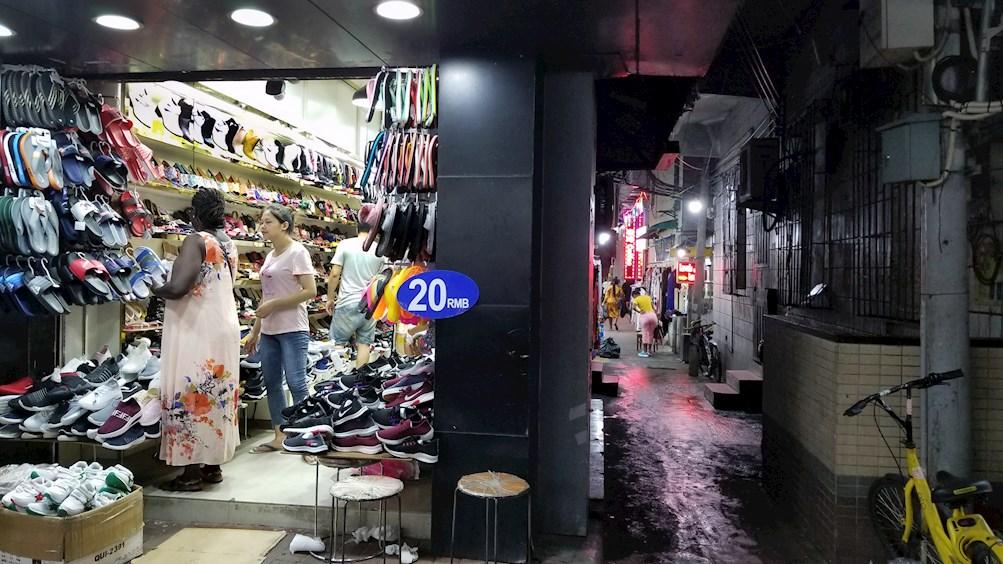ASIAN URBANISM COLLABORATIVE
ABOUT THE ASIAN URBANISM COLLABORATIVE —
Cities constitute most of cultural life and consume most of the world’s resources; Asian urbanization, by far the largest development of cities in the recent decades, is a complex development; it both enriches global cultural life and exacerbates the resource and pollution problems of the world. The cultural resources we can potentially deploy here are consequential; they are relevant to immediate mitigation through debate and design, and to long-term modifications of the discipline of architecture and urbanism as historically constituted in the image of the Euro-American city. The complex nature of the problem of the city necessitates collaboration; AUC aims to curate innovative scholarship that includes theoretical research in humanities, quantitative research in social sciences, and design research and practice to formulate critical and contextualized responses to today’s challenges of our constructed environments.
FOUNDERS —
Shiqiao Li, Weedon Professor in Asian Architecture [lishiqiao@virginia.edu]
Esther Lorenz, Associate Professor, Architecture [e.lorenz@virginia.edu]
CURRENT RESEARCH PROJECTS BY THE FOUNDERS —

TYPOLOGICAL DRIFT: EMERGING CITIES IN CHINA
Typological Drift: Emerging Cities in China documents the impact of the Chinese culture on the development of city types in China in the past four decades, leading to surprising urban realities that often escape normative urban theories. Result of a decade of research by Shiqiao Li and Esther Lorenz in the two large city-regions in China, the Pearl River Delta and Yangtze River Delta, this book offers frameworks of understanding of China’s urban realities from within Chinese thought and language. At a time when globalization perpetuates extreme forms of sameness and fundamentalism, this book recalibrates a cultural understanding in urbanism by making both Chinese and Western urban principles “indigenous,” injecting a stronger sense of reflexivity in the process. It comprises an extensive photographic documentation and more than 60 original maps and drawings — these case studies with explanatory essays are framed within aspects of Chinese culture, and followed by a “typology page” that visually displays important parallel and/or contrasting examples side by side.
Authors: Shiqiao Li (UVA, Architecture), Esther Lorenz (UVA, Architecture)
Learn more about this publication.

THE CHINESE COSMOPOLITAN CITY
Often perceived as a cultural singularity, China has a long history of multicultural realities both from northern and western frontiers (Xiongnu, Xianbei, Qiang, Mongol, Manchu) and from eastern seashore (Maritime trade); a twelfth-century document, Records of Foreign Peoples (zhufanzhi) lists 158 foreign places all the way to Tunisia, Libya, Alexandria, southern Spain (Almoravid dynasty), as well as 247 exotic products. This research aims to articulate a Chinese cosmopolitanism and an urbanism associated with it. Taking contemporary cities such as Yiwu and Quangzhou as case studies, we examine how both ancient and contemporary multicultural urban features differ from those formed by the pressure of resource extraction and colonization in Europe and America.
Presentations:
Shiqiao Li and Esther Lorenz, “The Chinese Cosmopolitan City”, speakers and panelists, Southern China Metropolis: The Urbanism of the Greater Bay Area, NYIT-Tsinghua University Symposium, 2020
Esther Lorenz, “Service Space”, paper presentation, 4th Conference of the International Forum on Urbanism (IFoU), Delft, Netherlands, Organizer: IFoU, 2009
Collaborations:
School of Architecture, South China University of Technology, Guangzhou
School of Architecture, China Academy of Fine Art, Hangzhou
Learn more about this project.
SUPPORTED COURSES —
The Asian Urbanism Collaborative supports courses connecting curriculum and research. These courses include:
Advanced Research Studios (graduate and undergraduate) focused on a trajectory of research titled Kinesthetic Montage Hong Kong that explores the unique relationship between film, dense urban space and movement in Hong Kong through the perspective of the perceiving human body in motion. This research also supports the School of Architecture’s summer Study Abroad China Program.
RESEARCH AFFILIATIONS —
The Asian Urbanism Collaborative’s affiliated research partners include:
coming soon
